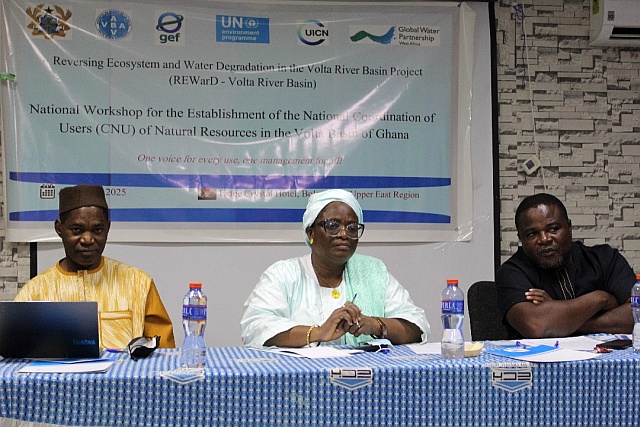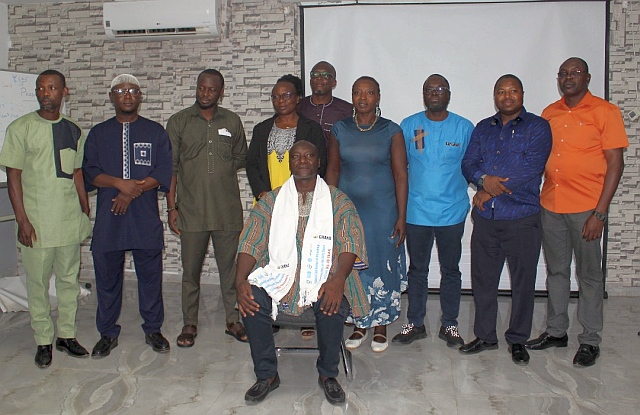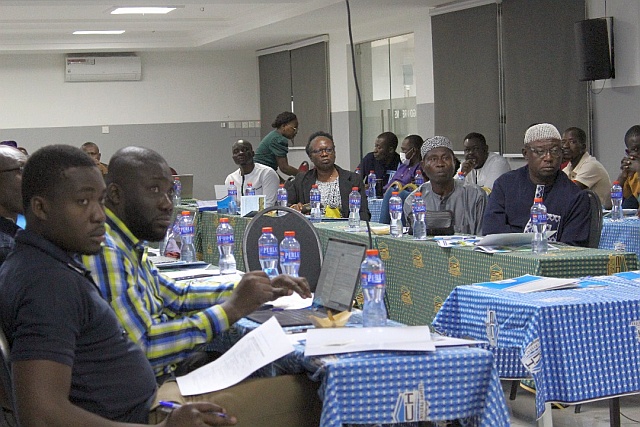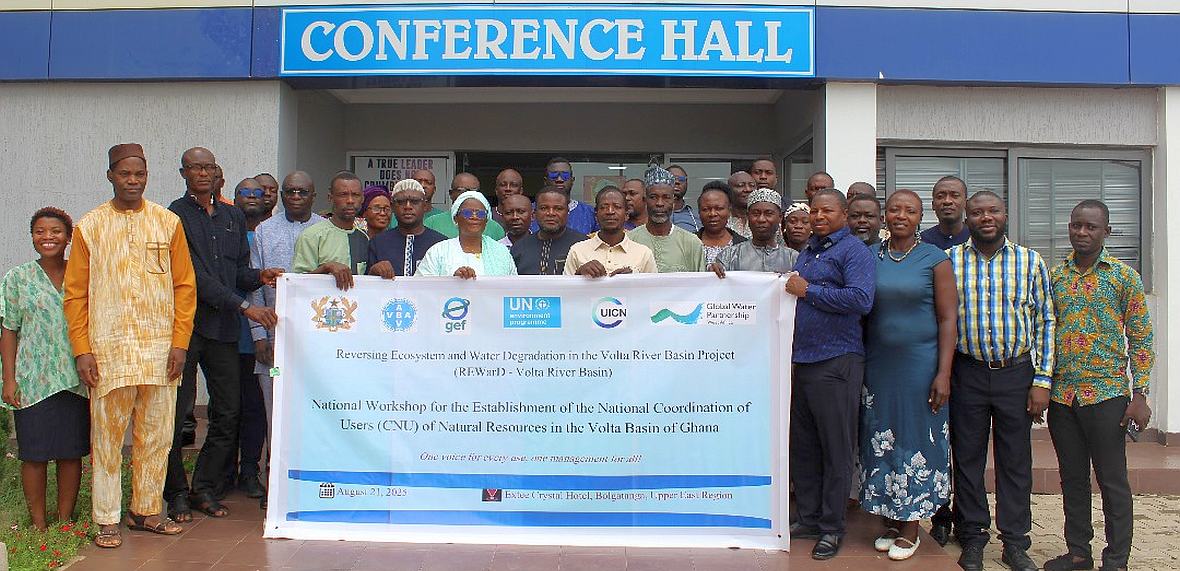The Volta Basin, shared by six West African countries, faces increasing environmental pressures including deforestation, pollution, and water resource degradation—challenges exacerbated by climate change and rapid population growth. To address these issues, the Volta Basin Authority (VBA), supported by the Global Environment Facility (GEF) and partners such as UNEP, IUCN, and GWP-WA, is implementing the REWarD – Volta River Basin Project. This project aims to reverse ecosystem degradation and promote transboundary governance and community resilience.
 The Bolgatanga workshop marked a key milestone under Component 2 of the REWarD project, which focuses on strengthening regional and national coordination. Led by the consulting firm BERAC, the mission began with mapping and preselection efforts that identified user organizations across the basin. In Ghana, this process culminated in the validation of representative organizations, adoption of constitutive texts, and the launch of formal recognition procedures.
The Bolgatanga workshop marked a key milestone under Component 2 of the REWarD project, which focuses on strengthening regional and national coordination. Led by the consulting firm BERAC, the mission began with mapping and preselection efforts that identified user organizations across the basin. In Ghana, this process culminated in the validation of representative organizations, adoption of constitutive texts, and the launch of formal recognition procedures.
Workshop Highlights and Objectives
The workshop successfully achieved the following:
- Validation of the national reporton mapping and characterization of natural resource users in Ghana.
- Approval of a provisional capacity-building and work planfor the newly formed coordination.
- Formal establishment of the National Users’ Coordination (NUC) in Ghana.
- Presentation and validation of representative organizationsby sector and territory.
- Adoption of constitutive texts and internal regulations for the NUC.
- Initiation of the official recognition process with administrative authorities.
At the end of the workshop, a representative executive committee of 11 members was established to lead the National Users’ Coordination. It is chaired by Mr. Salifu YIDANA from the West Mamprusi District on the White Volta.
 This effort ensures that diverse user groups—such as farmers, fishers, canoeists, irrigators, miners, and artisans, many of whom are women—are formally represented in the governance of the Volta Basin’s natural resources.
This effort ensures that diverse user groups—such as farmers, fishers, canoeists, irrigators, miners, and artisans, many of whom are women—are formally represented in the governance of the Volta Basin’s natural resources.
The establishment of the NUC in Ghana is a critical step toward empowering local communities, enhancing coordination, and ensuring the sustainable management of shared water resources across the basin.

